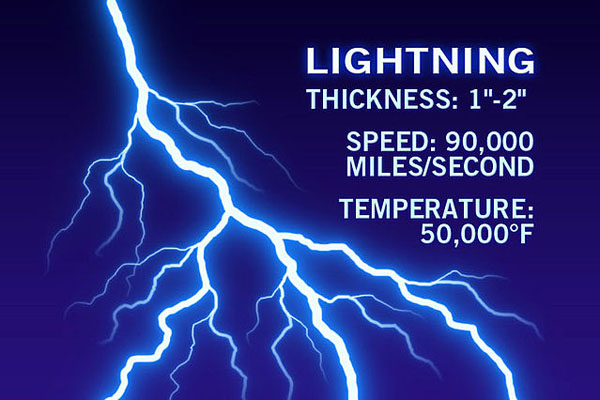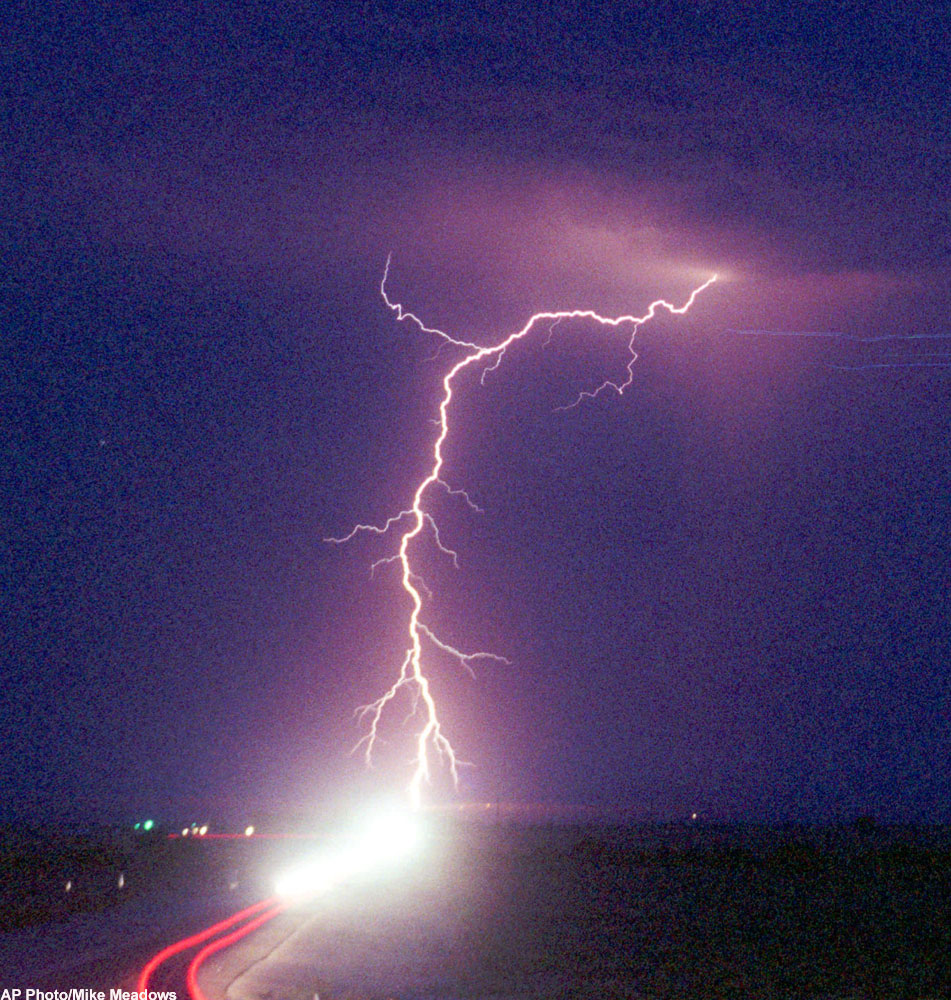Is a Car Really a Safe Place to Be When Lightning Strikes?

This article was provided by AccuWeather.com.
Some people may think that the rubber tires on a car help to protect a driver and occupants from a lightning strike, but this is a myth.
It is what's sitting on top of the tires that makes the difference.
A fully-enclosed, all-metal vehicle is very safe, but don't touch interior metallic areas on a vehicle, Richard Kithil, president of the National Lightning Safety Institute, said.
The lightning charge goes around the outside of the vehicle, creating a Faraday effect and protecting the occupants inside.
RELATED: Severe Weather Map: U.S. Watches & Warnings How AccuWeather Detects Lightning Strikes Lightning Fatalities: Avoid Being One of These Numbers
Fiberglass vehicles, convertibles or a vehicle with windows open, however, help defeat the fully enclosed objective, Kithil said.
Sign up for the Live Science daily newsletter now
Get the world’s most fascinating discoveries delivered straight to your inbox.
At least 19 people have died from lightning strikes in the U.S. so far in 2013, but none of the people were in vehicles at the time of the lightning strikes, according to the National Weather Service. Florida is the leader of lightning fatalities in the U.S. with a total of four deaths.
There were more than 18 million cloud-to-ground lightning flashes in the continental United States during 2012, according to data provided by Vaisala Inc., the owner and operator of the National Lightning Detection Network. The number one state was Florida with 24.1 flashes per square mile.
The National Lightning Safety Institute suggests safely pulling off to the side of the road, waiting out the storm, turning off the engine, putting one's hands in one's lap and not touching inside items such as door and window handles, steering wheels and gear shifts. Heavy equipment such as bulldozers and backhoes with rollover canopies are safe during thunderstorms, but riding mowers and golf carts are not.
Lightning damage to a vehicle includes pitting, arcing and burning along with electrical system issues, the institute said.
© AccuWeather.com. All rights reserved. More from AccuWeather.com.
The weather is getting stranger, right? Well, for the most part no, scientists say, but humans often think so when a strange event does occur. So here’s your chance to prove how much you known about weather oddities.
Weird Weather: One Strange Quiz










